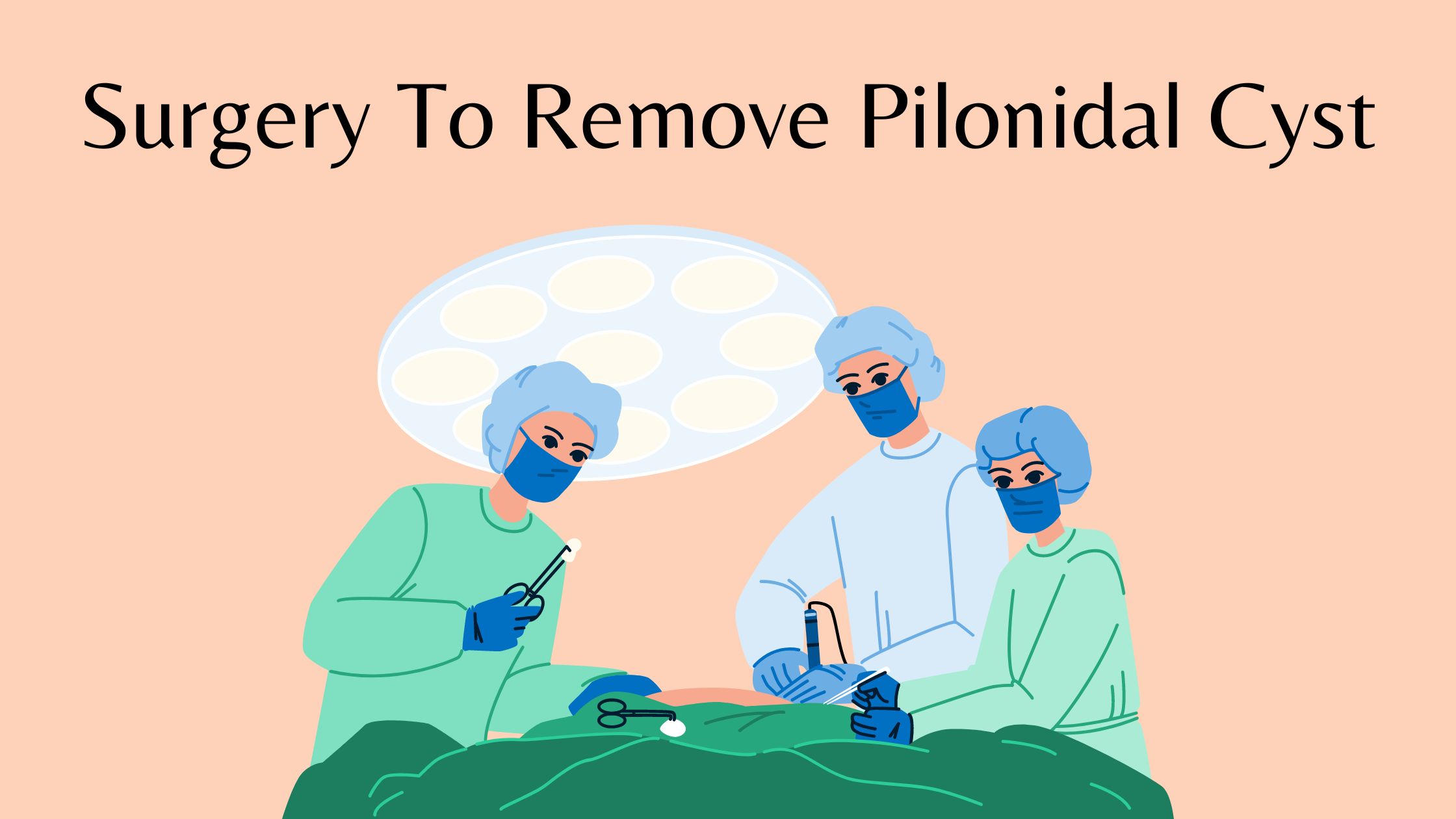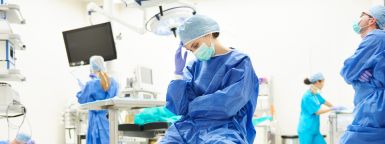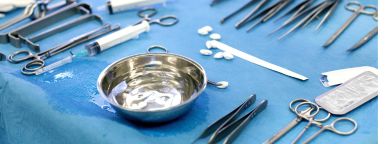
Sedentary lifestyles and other factors increase the risk of suffering from pilonidal sinus. The infected abscess appears near your tailbone. Minor symptoms are curable with medications prescribed by a doctor. So, you should consult an expert once you have noticed a few symptoms.
But, for complicated cases, you need to undergo surgery to remove pilonidal cyst. Most patients are concerned about the complexities of the surgery. However, modern surgical processes have become highly advanced, and they provide a non-invasive solution. Still, you should know some tips for recovering from surgery. A brief guide on long-term care will promote a stress-free recovery.
Long-Term Care After Pilonidal Cyst Surgery
1. Taking rest after surgical operations

Most surgeries cause stress on your body. So, you should plan your daily activities accordingly. You must not go to your office just after undergoing the surgical procedure. Try to stay at your home for at least 2 days. If you rest more, the recovery period will be shorter. Extensive physical activities after undergoing the surgery will accelerate the healing process. Give yourself some time for recovery.
But, make sure you do not sit on a very hard surface until you feel good. Lying down on your stomach or side is the best habit during your sleep. Some doctors recommend using a soft donut pillow when you sit anywhere.
However, a fully sedentary lifestyle is not recommended. As walking promotes circulation, it helps with recovery. So, walk a few minutes every day to ensure a safe recovery.
The overall healing period is not the same for every patient. In the excision surgery process, the wound needs to be left open or stitched closed. This factor also influences your healing process.
2. Reduce your discomfort during post-surgery
Some patients have reported discomfort for a few days after surgery. Before undergoing the surgical process, you should buy some first-aid kits. Your surgeon may also prescribe some pain relievers. Most medical experts recommend avoiding medications like ibuprofen.
Heat or cold therapy also gives you significant comfort. A few ice packs can be applied before using the warm compress.
Taking a bath with warm water is another way to relieve pain from the wounded site. However, you must consult your doctor to get the safest advice on post-surgery care.
Sometimes, pain medications cause constipation, and post-surgery trips to the bathroom are very uncomfortable. So, you should eat fiber-rich foods and drink more water. Some healthcare experts prescribe laxatives to avoid the constipation issue.
The best doctor for pilonidal cyst applies laser ablation techniques to minimize your postoperative pain. Although you will not feel intense pain, it is essential to take painkillers for a few days.
3. Maintain hygiene at the surgical site

Proper hygiene maintenance is vital to preventing secondary infections. Clean the wound and keep the site dry. Replace the wet dressing with a new one.
As the pilonidal sinus is located near your buttocks, your fecal matter may contaminate the surgical site. So, your certified surgeon will recommend applying a new dressing after your bowel movement.
Take a shower at least once every day during the recovery period. Warm water is best for rinsing the wound. Make sure your loose hair should not reach the wound during your bath time.
If the surgeon has left the site open, ask him about the frequency of repacking the wound. You may need to repack the surgical wound for a number of weeks.
4. Manage your weight after recovery
Even if you have recovered from pilonidal cyst surgery, weight management is important for avoiding further issues. Obesity is a risk factor for pilonidal disease recurrence. Heavy body weight causes pressure on the tailbone area and lower back. That is why you should maintain a healthy weight to prevent strain on your surgical site.
You should also modify some activities, such as prolonged sitting habits. Moreover, you may engage in only low-impact exercises. Your pilonidal cyst doctor will provide more instructions on how to avoid the cyst in the future.
Which foods are best for faster recovery?
Protein-rich food is essential to promote the natural wound-healing process. For instance, you may eat nuts, eggs, and soy products. Your body also needs fiber and carbohydrates to avoid constipation. So, brown rice and cereals must be a part of your daily diet.
Fruits containing vitamin C help with soft tissue reconstruction. Your doctor will also recommend taking healthy fat present in olive oil and sunflower oil.
Some patients experience a higher blood sugar level after surgery. That is why sugar-rich foods must be avoided during post-surgery. Moreover, highly processed food is unsafe for your health and affects recovery.
Alcoholic beverages also negatively react with pain medications. It causes dehydration and slows down the wound recovery process.
So, you should remember these restrictions over your food and drinks.
What is the average recovery period after pilonidal surgery?
In the case of a traditional surgery, the recovery process covers more than a month. However, laser technology and other modern surgical methods have shortened recovery to almost 30 days. Consult the most experienced surgeon to undergo a non-invasive surgical procedure.

